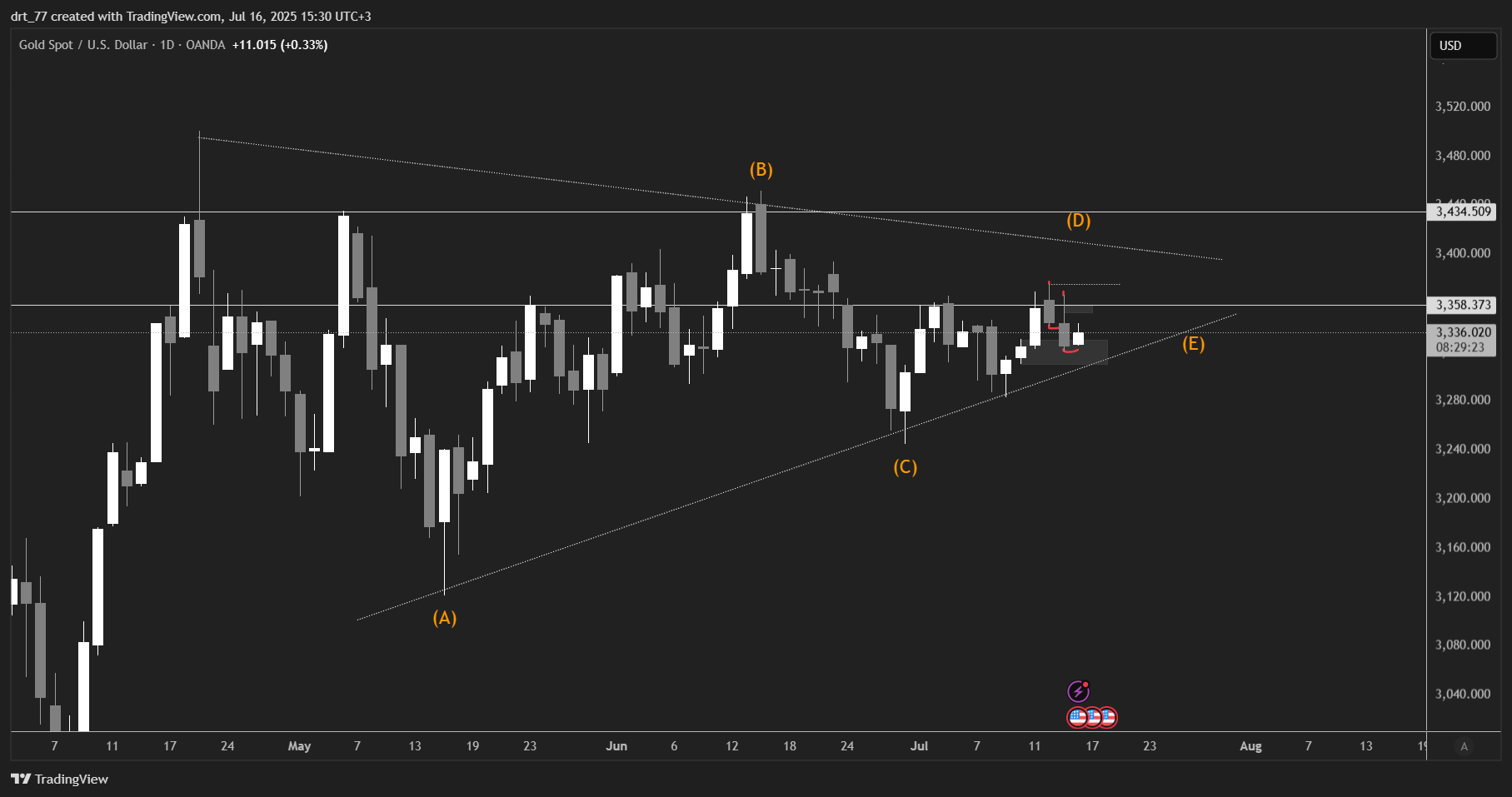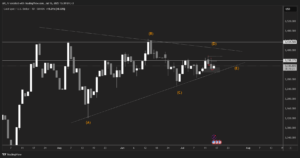Gold prices rose on Friday to hit a record high, supported by central bank buying amid geopolitical tensions, while strong U.S. economic data failed to dent its appeal. As of 0345 GMT, spot gold was up 0.5% at $2384.34 an ounce, having earlier hit a record high of $2395.29.
U.S. gold futures rose 1.2% to $2401.80.
The only thing that’s for sure driving central banks to buy gold is the wars that are happening globally. If you look at history, this always happens because gold is a safe haven. Despite recent inflation data and last week’s strong U.S. jobs report that raised further questions about the likelihood of rate cuts this year, gold is heading for its fourth straight weekly gain and is up over 15% since the beginning of the year. Rising interest rates reduce the attractiveness of holding gold, which does not yield a return.
In other precious metals, spot silver rose 1% to $28.75 an ounce, its highest since February 2021. Platinum gained 0.7% to $986.65, and palladium rose 0.1% to $1049.83. The three metals are all on track for weekly gains.
Euro dips as investors eye ECB rate cut
The euro fell on Friday to its lowest since mid-November after the European Central Bank hinted it could cut interest rates as early as June, even as U.S. economic data is likely to push the Federal Reserve to delay such a move until later in the year.
The yen also fell to a new 34-year low against the dollar as the greenback continued to rise, prompting investors to be cautious about signals from officials about potential intervention from Tokyo to support the currency.
The euro fell to $1.0674 in early European trading and was down 0.47% in its latest trade, just above that level. The single currency is on track to fall 1.5% since Monday, its biggest weekly decline since mid-last year.
A higher-than-expected reading of U.S. inflation on Wednesday prompted investors to quickly adjust their bets on the size and timing of the Fed’s rate cuts this year, and now expect the move to come in September rather than June.
But the ECB hinted on Thursday that a start to rate cuts is still likely in the summer as inflation is seen easing further in the euro zone. The dollar index, which measures the performance of the U.S. dollar against a basket of six rival currencies, was up 0.38% in its latest trade at 105.67, its highest in five months. It has jumped 1.3% this week, its biggest five-day gain since May 2023.
Sterling traded near its lowest since December, pressured by dollar strength, and was down 0.34% at $1.2511. Dollar strength also put further pressure on the yen, which hit 153.39 yen on Friday, its highest since mid-1990, before edging back slightly to 153.26. The Japanese currency is on track for a weekly decline of over 1% and has fallen about 8% since the start of the year, as interest rates in Japan remain much lower than those in the U.S.
Oil rises on growing Middle East tensions
Oil prices rose on Friday amid rising tensions in the Middle East that raise the possibility of supply disruptions from the oil-producing region, but prices are on track for a weekly loss amid expectations of fewer U.S. rate cuts this year.
A U.S. official said the United States expects an attack from Iran on Israel, but not one big enough to drag Washington into the war. Iranian sources said Tehran has signaled a response aimed at avoiding a major escalation. Israeli Prime Minister Benjamin Netanyahu said on Thursday that Israel was continuing its war in Gaza but was also preparing for scenarios in other areas.
For further insights, check OneRoyal’s Facebook, Instagram, and Twitter pages and expand your understanding of financial markets with global perspectives. Staying informed is crucial in the ever-evolving world of finance.
Disclaimer: This article is not investment advice or an investment recommendation and should not be considered as such. The information above is not an invitation to trade and it does not guarantee or predict future performance. The investor is solely responsible for the risk of their decisions. The analysis and commentary presented do not include any consideration of your personal investment objectives, financial circumstances, or needs.





